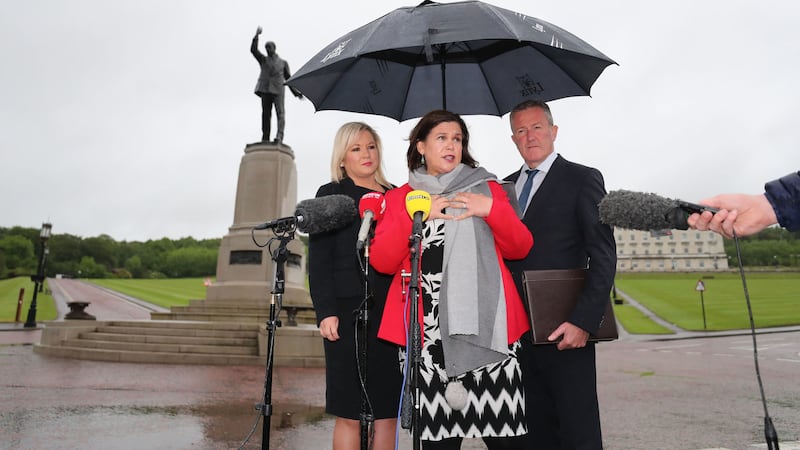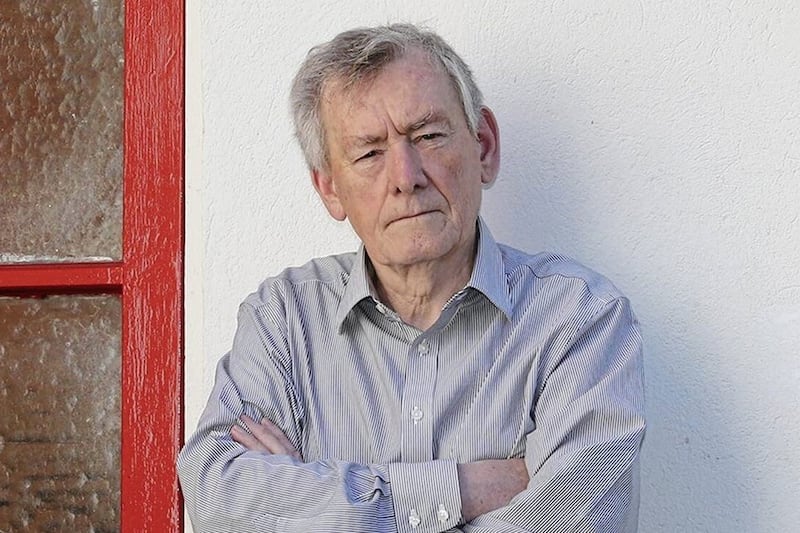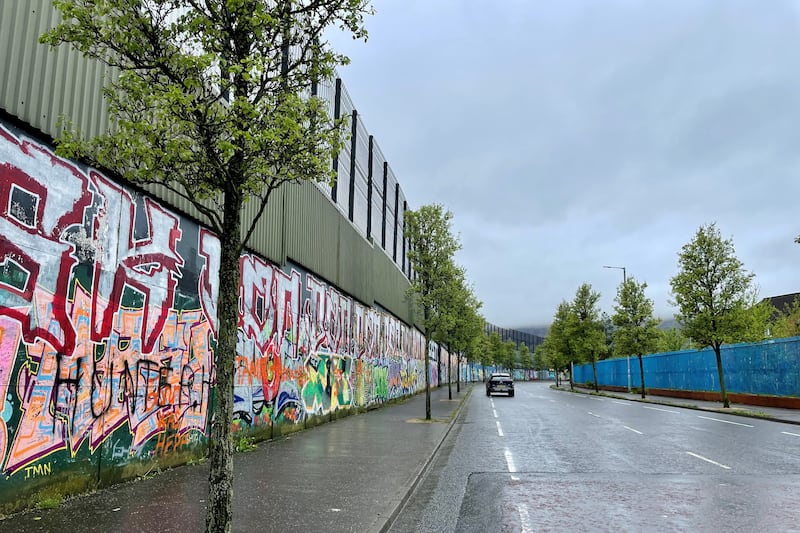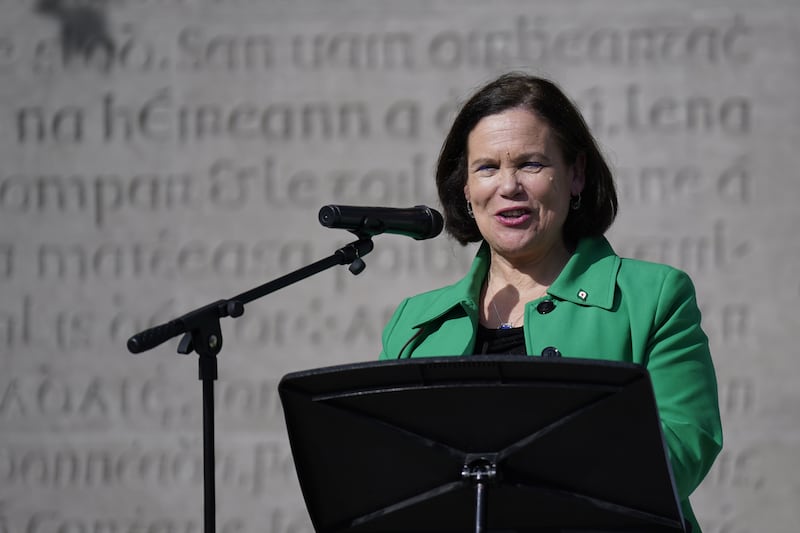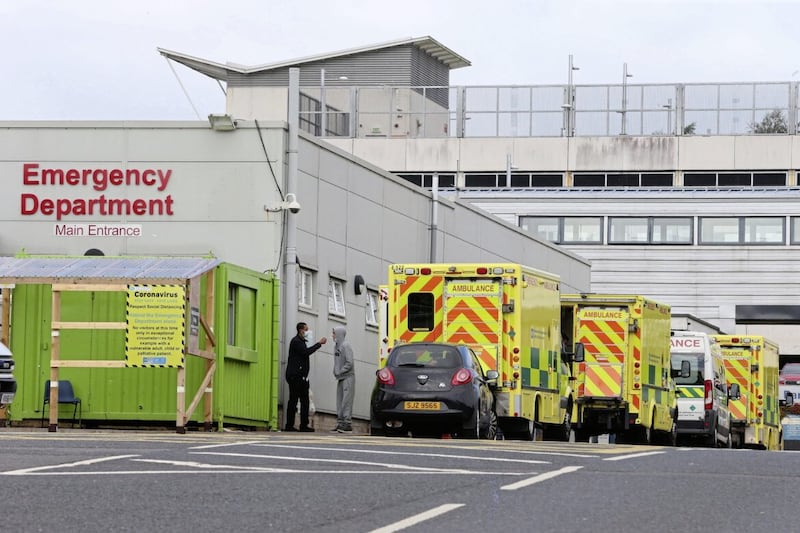Voters across Ireland have shown their frustration at the lack of powersharing government at Stormont, Mary Lou McDonald has said.
The Sinn Féin president acknowledged the "dismay" felt by many as she was pressed on whether the deadlock in Northern Ireland had been a contributory factor to her party's poor showing in elections south of the border.
Sinn Féin suffered a bruising set of results in the Republic, shipping a raft of councillors in the local government elections and potentially losing two out of its four MEPs.
Arriving for the latest round of talks to restore devolution, Mrs McDonald was asked whether an inability to govern north of the border was turning voters off in the Republic.
"I have no doubt right across the country there is dismay at the fact the institutions aren't functioning, quite correctly," she said.
WATCH: @sinnfeinireland President Mary Lou McDonald ‘we’re here to do the business’ ahead of fourth round table power-sharing talks pic.twitter.com/Ma3FSRkQRP
— Tara McLaughlin (@journoTara) May 30, 2019
"Quite correctly there is a frustration with this stalemate, quite correctly people have the view that it is not sustainable. We share that position.
"People are absolutely correct to feel that frustration and absolutely correct to expect of us, and others, as political leaders that we find a way through it."
Stormont has been in cold storage for over two and half years due to a bitter standoff between Sinn Féin and the DUP, on issues such as Irish language legislation and the north's ban on same sex marriage.
Mrs McDonald insisted her party's demands in the talks were not unreasonable.
"There are of course lessons to be learned from the last number of days and be very sure we will learn them," she said of the election results.
"We are here not to advance red lines, we are here to advance what we believe are collective bottom lines that are based on equality, on decency and on a society that can make room for everyone.
"And far from being Sinn Féin red lines I think those are civilised, decent, democratic standards that everybody should be able to sign on for with no difficulty 21 years on from the Good Friday Agreement."
Secretary of State Karen Bradley and Tánaiste Simon Coveney are in Belfast for the latest round-table meeting with the leadership teams of the five main parties in Stormont House.
British prime minister Theresa May and Taoiseach Leo Varadkar are due to discuss progress in the talks in the coming days and decide whether there is a basis upon which to resurrect the institutions.
The format of the latest bid to revive Stormont has seen serving and retired senior civil servants chair several working groups focusing on the main sticking points.
The leaders of the main political parties are meeting with the two governments on a weekly basis to review progress.
